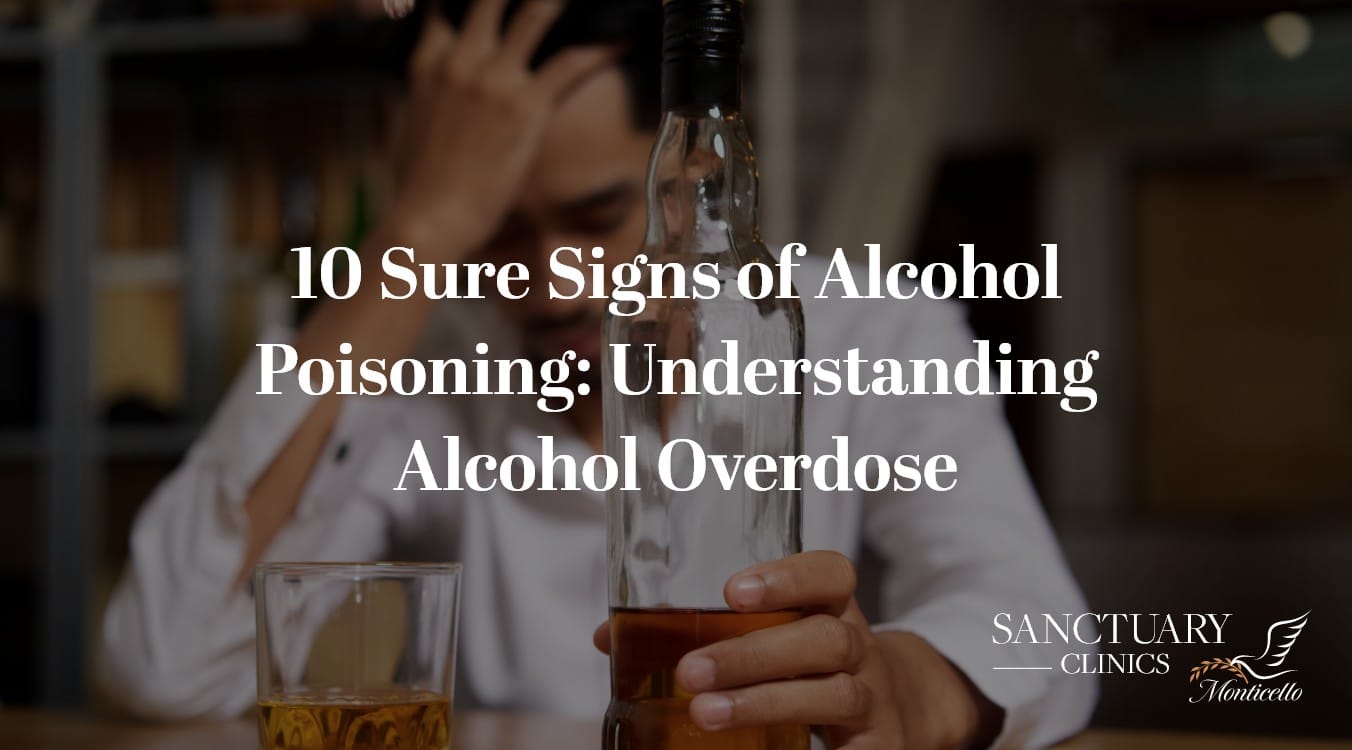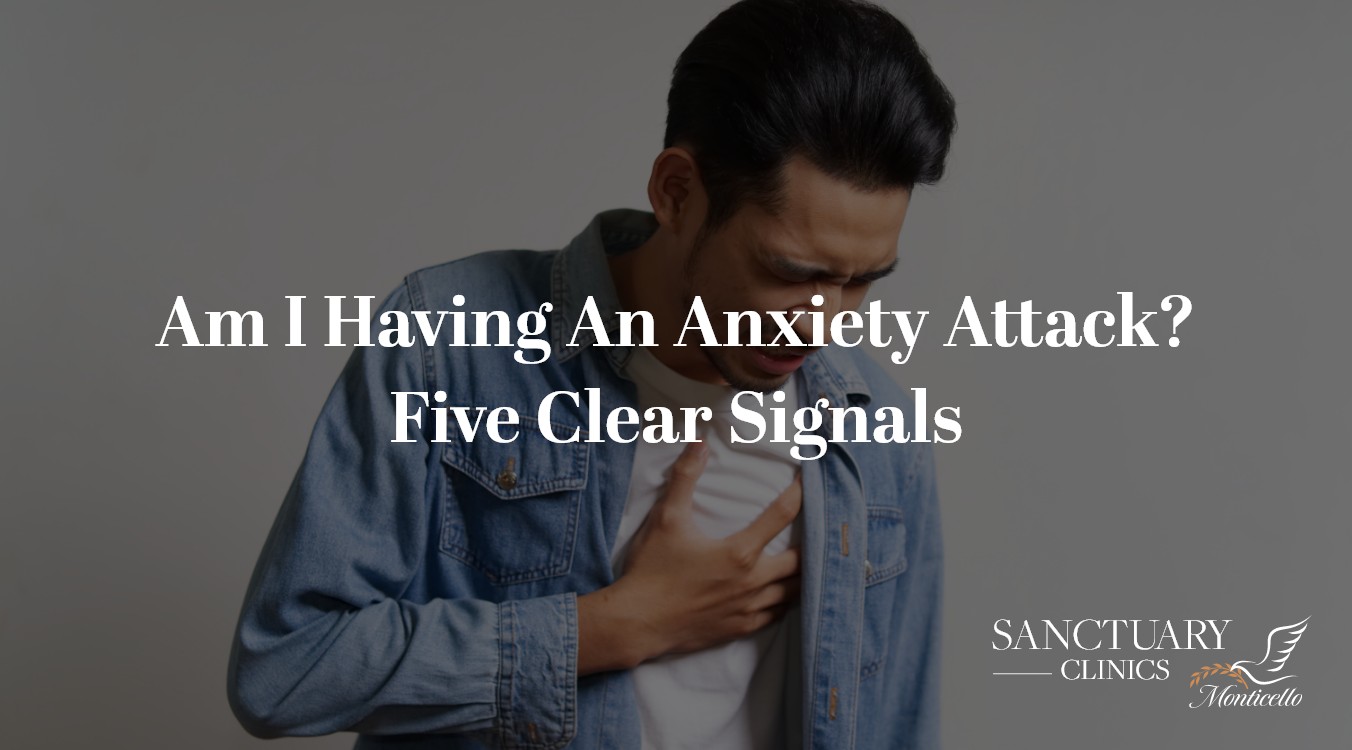Cannabis use is on the rise in America across all age brackets. Seniors are lighting up at twice the rate as just seven years ago. Studies suggest senior citizens are at increased risk of cannabis overdose.
In a 2022 federal survey, eight percent of people over 65 said they used cannabis in the last year. This number is double the amount it was seven years ago. Because of this, there is an increasing trend of seniors ending up in the hospital from cannabis overdose.
A number of factors figure into these growing numbers among seniors—a person’s age, the medications they are taking, the increased potency of cannabis today as opposed to its potency “back in the day,” and unfamiliarity with cannabis products and their effects, among them.
What is a Cannabis Overdose?
Unlike the overdose associated with other drugs like opioids and alcohol, a cannabis overdose is not fatal. Rather, it produces adverse side effects that can become very distressing, like anxiety, paranoia, and palpitations. These effects can be particularly distressing for people who are not accustomed to the sensations of being high.
Seniors are at an increased risk of cannabis overdose or even cannabis poisoning because of their age, their illnesses, not being familiar with the effects of cannabis, and other medications they are taking.
The use of edibles—a most popular choice among elderly cannabis users—is also thought to be a contributor. Because the absorption of edibles happens through the digestive system, effects can sometimes take up to an hour to feel. The effects may also differ when taken on an empty as opposed to a full stomach. Many people think, “I’m not feeling anything” and take another dose. The impact can be compounded.

Symptoms of Cannabis Overdose
The most common symptoms of a cannabis overdose include anxiety, panic attacks, palpitations, paranoia, and hallucinations. These symptoms result from an excessive level of THC in the bloodstream, leading to overstimulation of the brain and nervous system. Other symptoms may include dizziness, nausea, vomiting, dry mouth, and impaired coordination.
Get Help Today.
We are here to help you through every aspect of recovery.
Let us call you to learn more about our treatment options.
We are here to help you through every aspect of recovery. Let us call you to learn more about our treatment options.
Why Ketamine over Other Anti-Depressants?
Ketamine is known for treating depression a lot quicker than conventional anti-depressants. With conventional anti-depression medications, you might not feel a difference for weeks or even months. Ketamine, however, can take effect in as little as hours to days after it is administered.
Long-Term Side Effects of Cannabis Use
While some seniors are using cannabis to help them fall asleep or for relief of age related aches and pains, it sometimes makes these chronic conditions worse. Cannabis stays in a senior’s systems longer than when they were young, and cannabis today is much more potent than the marijuana they remember from when they were younger. Chronic use can cause potential longer-term side-effects. Some of these are:
- Cannabinoid hyperemesis syndrome (can cause rounds of vomiting)
- Making anxiety worse instead of better
- Becoming confused for days, even though the “high” is short-lived
- Memory can become more impaired in Alzheimer’s patients
- Issues with coordination and thinking
- Increased instances of falls and car accidents
- Risk for poisoning when taking too many edibles

The Studies
A study in Ontario looked at three time periods relative to legalization: before any cannabis was legal, when dry cannabis was legalized, and when edible forms of cannabis were legalized. There were 2300 cannabis related E.R. visits in total throughout the three time periods, with the average age being 69.5 years. The visits doubled after the dried form became legal, and tripled after edibles became legal.
Most marijuana products don’t include age-adjusted instructions, and there is a risk with edibles of taking too much. The study concluded marijuana products should include dosing directions that are age-specific. Even CBD has been found to interact with some medications. Its use should be closely monitored.
In California from 2005-2019, there was a 1,808% increase (from 366 to 12,167) in marijuana-related E.R. visits for people 65 and older.
A study by Ottawa Hospital Research Institute in Canada found cannabis use in seniors resulted in a higher number of accidents, mental health issues, and cognitive impairment.
An American Heart Association study on seniors who had cannabis use disorder and had high blood pressure or irregular heartbeats were at a higher risk of heart attacks or strokes.
Seniors and Cannabis Use
If you are a senior and are using cannabis, be honest with your doctor about your usage even if it may be embarrassing to talk about. If you are a healthcare provider, you need to be asking your senior patients about cannabis use. It is crucial for healthcare providers to be providing education for seniors about the dangers of cannabis use to prevent possible negative reactions.
Get Help Today.
We are here to help you through every aspect of recovery.
Let us call you to learn more about our treatment options.
We are here to help you through every aspect of recovery. Let us call you to learn more about our treatment options.








